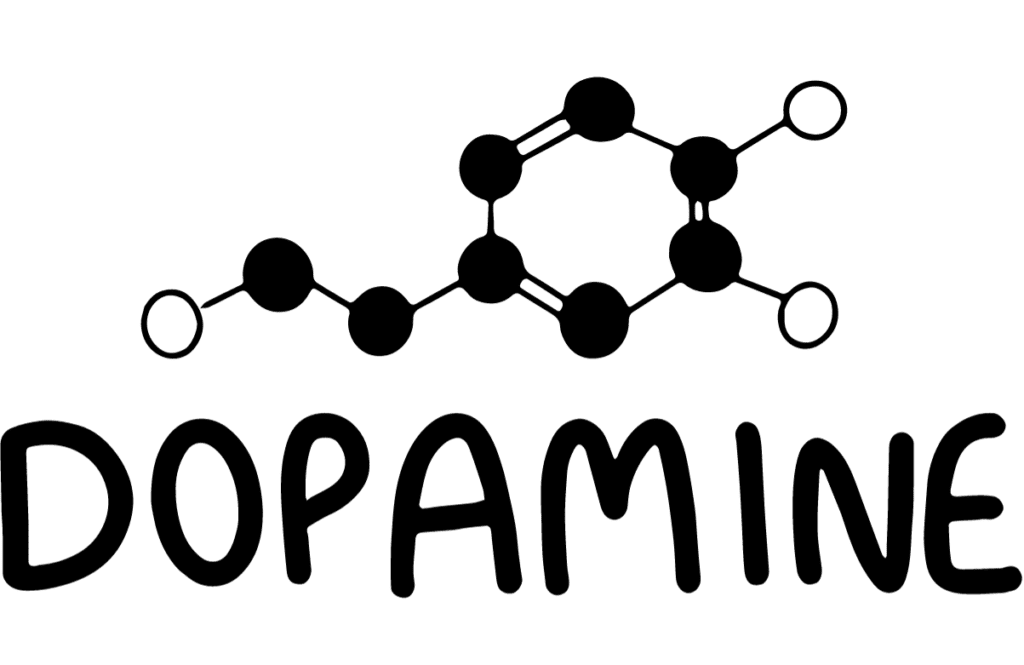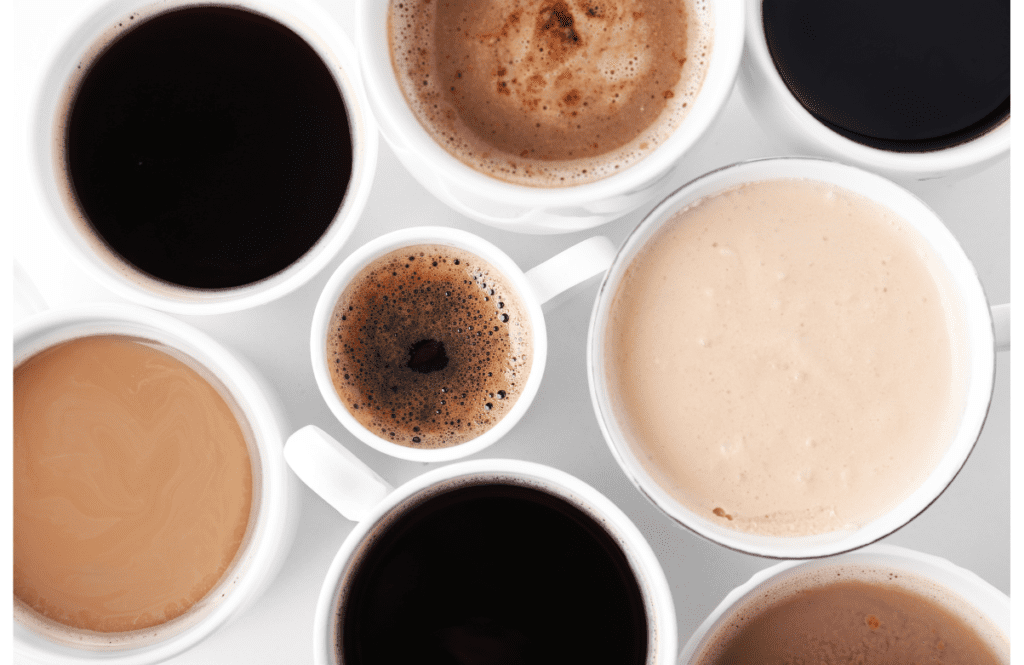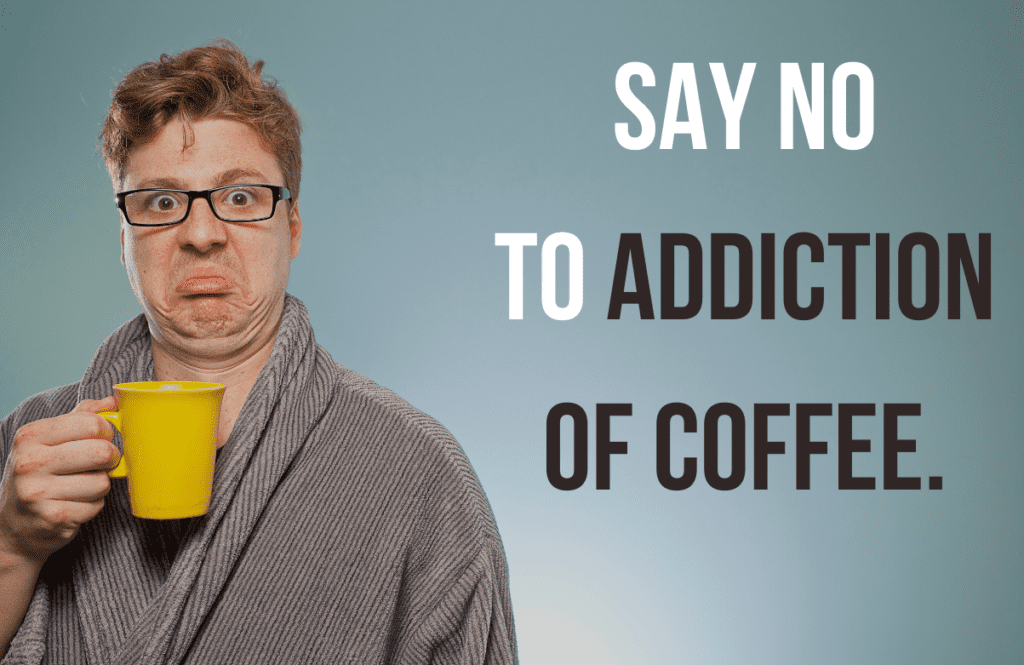Why is Coffee so Addictive? (Plus! Secret tips to reduce it)
Coffee Queries is reader-supported. When you buy through links on our website, we may earn an affiliate commission. Learn More
Let’s talk about why coffee can sometimes feel like a must-have in our daily routine. You know that comforting feeling when you take that first sip of coffee in the morning? Well, it turns out there’s a little chemical magic happening in our brains that makes us crave it more. This blog is here to explain why coffee is addictive . We’ll figure out together why that cup of coffee seems to have a hold on us. So, get a drink (maybe not coffee this time!), get comfy, and let’s uncover the secrets behind our favorite morning brew.
Why is Coffee so Addictive?
Coffee is addictive due to its high caffeine content. Caffeine is a natural stimulant, a psychoactive substance that alters brain chemicals. Regular consumption makes the body reliant on these changes, leading individuals to crave their daily cup. This dependency is why many feel the urge for coffee upon waking.
What is Caffeine?

Coffee is rich in caffeine, a natural stimulant in tea, chocolate, and some sodas.
Today, caffeine is the most widely consumed mind-altering substance, and it’s responsible for coffee’s potential addictive qualities. It impacts the body in several ways: it can speed up metabolism, enhance athletic performance, and uplift one’s mood.
However, its most recognized effect is on the brain, boosting alertness, sharpening concentration, and increasing the drive to get work done.
The caffeine content in coffee can vary significantly. Some cups have as little as 30 mg, while others can pack more than 300 mg. On average, a standard 8-ounce cup of coffee carries about 100 mg of caffeine—enough to impact most individuals noticeably.
After ingesting, caffeine typically takes 30–60 minutes to peak in the bloodstream. Its effects can linger for three to nine hours, varying from person to person.
What Is Caffeine Addiction?
For numerous individuals, that first-morning coffee is more than just a drink—it’s a cherished routine, marking a fresh start and fueling their day’s activities.
Research indicates that 70-80% of the global population drinks coffee daily. Remarkably, it’s the only FDA-approved drug (advised at 400 milligrams per day) consumed so widely. Moreover, its consumption is integrated into everyday scenes, from homes to workplaces.
Many claim they can’t even begin their day or open their eyes without their dose of coffee. This reliance on caffeine inevitably paves the way for caffeine addiction.
Reasons Why Coffee is so Addictive
Now that you know coffee is addictive, let’s understand why! I personally took time to research into this and after going through many research papers, it all came down to the following few reasons.
1. It’s All About Dopamine

Caffeine boosts dopamine activity in the brain. It is a hormone that manages movement, drive, and feelings. When dopamine levels rise, individuals tend to feel more alert and conscious.
This awakening effect is why caffeine is classified as a stimulant.
Adenosine, a molecule in your brain, has a structure similar to the molecules in coffee. The brain’s chemistry and structure evolve over time for regular caffeine drinkers.
Brain cells start producing more adenosine receptors to counteract the frequent caffeine intake to find a balance. This process lays the foundation for caffeine tolerance. As the brain increases its adenosine receptors, more caffeine is required to block many of them and attain the same energizing impact.
2. Overconsumption

Research has found that consistent overconsumption is another primary culprit behind caffeine addiction. Simply put, you’ll be inching closer to dependence with each additional cup of coffee. Understanding this is pivotal. To address the potential issue, start by self-reflecting.
Consider the quantity of coffee you consume daily. Have your loved ones ever expressed concerns about your intake? And most importantly, assess your ability to quit or cut back without difficulty. These introspective steps can guide you in evaluating and managing your coffee consumption.
Recommended Reading: How Many Calories in Iced Coffee?
3. Physical Aspects
Caffeine, like many addictive substances, has the potential to be physically addictive. Regular and consistent caffeine intake can alter your brain’s chemistry.
For example, due to caffeine’s ability to block adenosine receptors in the brain, consistent consumption would prompt your brain cells to produce more of these receptors. As a result, you need to consume more caffeine to feel the same energizing effects, increasing tolerance to the substance.
Conversely, if you suddenly stop consuming caffeine, the abundance of unoccupied adenosine receptors in the brain can lead to intense feelings of fatigue. This is believed to be a primary factor behind the withdrawal symptoms experienced when one stops caffeine intake suddenly.
4. Behavioral Aspects

While caffeine addiction has a clear physical aspect, there’s also a potential behavioral side to it. This isn’t necessarily linked to the caffeine content itself.
Instead, it’s about the social context of drinking coffee and the associated feelings. The act of sipping coffee, enjoying its warmth, and the social interactions around it can, over time, lead to a behavioral urge to drink more.
However, the extent to which this behavioral component influences caffeine addiction remains a topic of ongoing research and debate.
I want to cut my coffee addiction: What should I do?

Interesting question indeed. After coffee started to affect the health of my close aunt, she had to cut down on her coffee. Thankfully, since I’m always happy to research on coffee, here’s what I found out that actually worked for her!
- Switch to Decaf: Gradually replace your regular coffee with decaffeinated versions. This allows you to maintain the ritual and flavor without the stimulating and addictive effects of caffeine. People drink decaf coffee for a number of crazy reasons! I remember I gave my aunt a pack of Peet’s decaf coffee and it really worked for her in cutting down her coffee consumption. Plus, the decaf reduced the negative harms of caffeine on her as well. So really, worth it!
- Gradual Reduction: Instead of quitting coffee abruptly, taper down your intake over time. Reduce the number of cups gradually to minimize withdrawal symptoms like headaches and irritability.
- Hydrate with Water: Increase your water intake to stay hydrated. Sometimes, the body can mistake dehydration for a craving, so keeping well-hydrated might alleviate the desire for coffee. This was also a unique point but worked well. I remember we used to give her juice instead, and after a while, her craving for coffee was reduced!
- Herbal Teas as Alternatives: Explore various herbal teas as alternatives. They provide a warm beverage experience without the high caffeine content. Green tea is also a milder option compared to coffee.
- Identify Triggers: Recognize situations or emotions that prompt your coffee cravings. Understanding the triggers can help you find alternative coping mechanisms or activities to replace the need for caffeine. Since my aunt suffers from anxiety, we tried our best to not let any such situations come up, or handle them if they arise.
- Get Adequate Sleep: Ensure you’re getting enough sleep to combat fatigue naturally. Addressing the root cause of why you might rely on coffee for energy can be crucial in reducing the dependency.
- Positive Affirmations: Adopt a positive mindset. Remind yourself of the benefits of reducing coffee intake, such as improved sleep quality, reduced anxiety, and better overall health. Positive affirmations can reinforce your commitment. While this may sound like a nag, believe me, it works!
- Celebrate Milestones: Acknowledge and celebrate your achievements along the way. Whether it’s successfully cutting down on the number of cups per day or going a week without coffee, recognizing your progress can reinforce your commitment to change. Last month, when my aunt fully recovered from her coffee addiction, and went for 3 days without coffee, we celebrated by having a small gathering.
Helpful Guide: Acidity of Tea Vs. Coffee
Final Thoughts
If you’re concerned about a potential coffee addiction, take heart; many others are in the same boat. A significant number of individuals grapple with caffeine dependence. The key to addressing it is first recognizing and understanding your habits. As a matter of fact, coffee is harmful is consumed in high amounts. But, that being said, coffee has its own benefits too.
There are several adjustments you can make to your routine. Consider introducing caffeine-free alternatives into your diet. Alternatively, alternate between water or herbal tea and your caffeinated beverage, or even reduce caffeine consumption.






